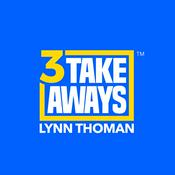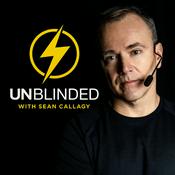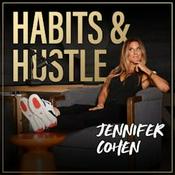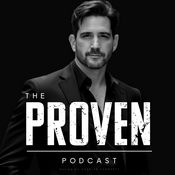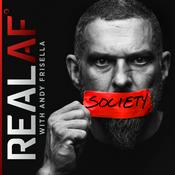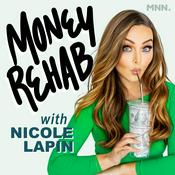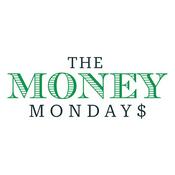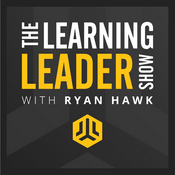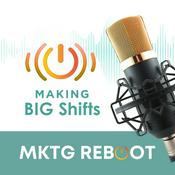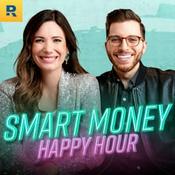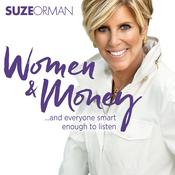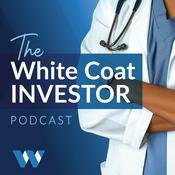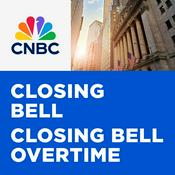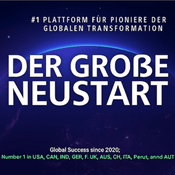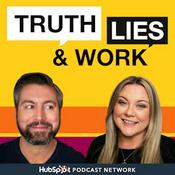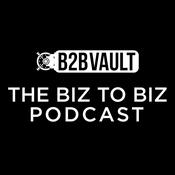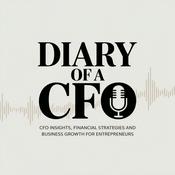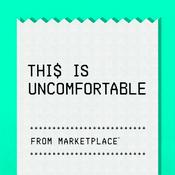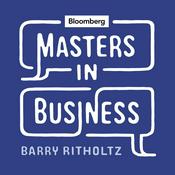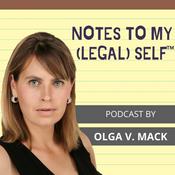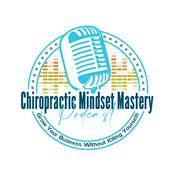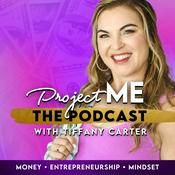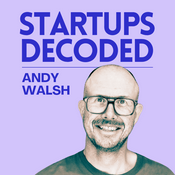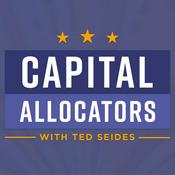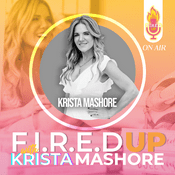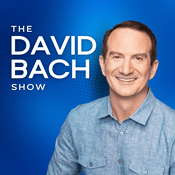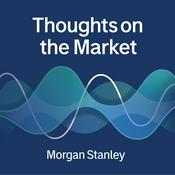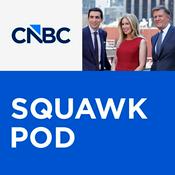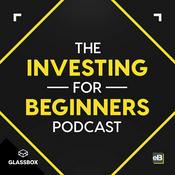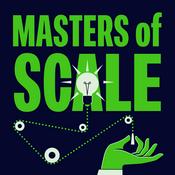496 episodes
- Athena Dean Holtz is a longtime entrepreneur and publisher, and we spoke about how unprocessed trauma quietly shaped her biggest business decisions. After losing a 20-year, $3.5M company through deception, she was forced to ask, “How did that happen?”—and realized she had been leading from wounds she had never allowed to heal.
She explains how optimism, workaholism, and chasing success became a form of avoidance: “I was self-medicating with work and success,” rather than grieving losses or seeking closure. That avoidance made her vulnerable—ignoring trusted warnings, overriding integrity for short-term cash flow, and not listening when she felt prompted to stop. The turning point was choosing the harder path: reflection, discernment, and firm boundaries, even when money was tight.
We also talked about her redemptive leadership framework—recognizing trauma in ourselves and in teams, naming loss instead of suppressing it, and leading with compassion over pure output. As she puts it, “You cannot resist what you do not recognize,” and leaders who ignore pain end up with burnout, turnover, and broken trust. Her approach is practical: slow down, invite honest conversation, resist isolation, and surround yourself with people who will challenge blind spots before decisions are made.
This conversation offers founders and leaders a clear lens for making better decisions—by healing first, setting non-negotiable values, and building businesses that protect people, integrity, and long-term purpose.
Key takeaways
Unhealed trauma can quietly distort major business decisions.
Work and success can become avoidance instead of healing.
Ignoring trusted warnings increases risk under financial pressure.
Set non-negotiable values, regardless of short-term cash needs.
Recognize loss and trauma in teams to prevent burnout.
Isolation weakens judgment; trusted community strengthens leadership. - Frank Scarso, the CEO and founder of Avanza Capital Holdings, is a former Wall Street broker and a longtime financial professional. We spoke about addiction, pressure, and rebuilding a life after years in a high-stress culture. Frank spent over 20 years on Wall Street, ranking top-five at his firm, before spiraling into severe alcoholism, jail, shelters, and losing contact with his children. Anthony lived inside the same culture but as a “functioning” professional, where “we always found a reason… to go out and party,” until sobriety gave him clarity, purpose, and healthier relationships
The turning point for Frank came after hitting rock bottom in 2016, when he decided persistence mattered more than pride. He explains that “it’s never too late” and that rebuilding required doing “the complete opposite” of his old behavior—accepting separation, showing consistency, and letting trust return over time. Anthony describes how sobriety changed his work and mindset, saying that waking up clear meant “I’m not selling, I’m helping,” and allowed him to surround himself with people who shared the same values
Together, they outline a grounded, practical approach to rebuilding: start from zero, learn the business end-to-end, hire slowly, and invest in people. Frank stresses heavy lifting first—“if you don’t do the heavy lifting, no one’s going to do it for you”—and building an ethical workplace with an open-door policy. The deeper “why” is family and self-respect: Frank wanted to “go home to life,” while Anthony focused on being present, grateful, and providing long-term security for his family
This episode offers listeners a realistic picture of recovery, reinvention, and leadership built on sobriety, persistence, and earned trust.
Key takeaways
High-pressure cultures normalize destructive habits if unchecked
Rock bottom can force clarity and decisive change
Rebuilding trust requires consistent opposite behavior over time
Start businesses from zero and hire one person at a time
Heavy lifting first creates long-term stability
Clear mind shifts work from selling to helping - Jay Patel is a real estate fund manager and we spoke about why he pushes people to rethink defaulting to the stock market when planning retirement. He argues many investors want a better return with less risk, yet find real estate “too intimidating” and don’t want the “headaches of managing real estate,” especially dealing with tenants—so the real question becomes whether you can access real estate returns without becoming a full-time landlord.
We also talked about what drives his approach: capital preservation first, then dependable income, then legacy. Jay framed the planning problem bluntly—“do you have enough saved and do you have a plan?”—and pointed to the risk of retirees depleting savings as living costs rise. He shared his own hard lessons from big losses (“I was 23, 24, thought I knew everything, and I lost a million bucks again…”) and the rule he now lives by: “it’s not the product, it’s the person,” meaning you should scrutinize the operators behind any investment before you commit.
From there, Jay walked through a concrete retirement math example: if someone had $500,000 and could compound at 11% for a decade, it could grow to “almost 1.5 million,” creating roughly “$12 and a half, $13,000 a month consistently” in income without drawing down principal—leaving more to pass on to family. The practical value for listeners is a simple decision framework: prioritize preservation, understand where returns actually come from, and don’t “try to fake it”—either learn the game or find the right experts before you move.
Key takeaways
Don’t default to stocks; evaluate alternatives with lower risk.
Aim for retirement plans that preserve capital and generate steady income.
If real estate intimidates you, avoid tenant headaches via managed structures.
Vet operators closely: “it’s not the product, it’s the person.”
Use compounding math: $500k at 11% can approach $1.5M in 10 years.
Don’t fake expertise—educate yourself or find an expert before investing. - Sam Miles is a CPA, and we spoke about how entrepreneurs can legally reduce taxes while avoiding the small, preventable mistakes that trigger IRS audits. Drawing on years of audit defense and advisory work, Sam explains why “it’s not the spending of money that makes a tax deduction, it’s the context or the story,” and why documentation—not clever tricks—is what actually protects you as the IRS gets better at AI-driven matching.
We also talked about where most entrepreneurs get into trouble: unreported 1099 income, poor documentation, and not knowing their own numbers. Sam urges business owners to actively review their IRS transcripts, reminding listeners that “nobody knows your numbers like you do,” and that missing income is “the most common, easiest way to get audited.” He shares how CPAs read tax returns as stories—and why pushing your CPA to explain that story can reveal risks early.
Sam’s approach is grounded in ethics and realism. He breaks down practical tools like reasonable compensation, entity structure decisions, and why some popular strategies backfire when abused. As he puts it, “little pigs are cute, but hogs, they get slaughtered,” a reminder that aggressive shortcuts often cost more in time, stress, and money later. The episode closes with a clear message: do it right, document it properly, and use the rules as written.
Key takeaways
Missing 1099 income is the fastest path to an IRS audit
Check your IRS transcript to verify all reported income
Deductions depend on business context, not just spending
Documentation must be done before, not after, tax filings
Reasonable compensation protects S-corp owners in audits
CPAs read tax returns as stories—ask them to explain yours - Chris Kille is a serial entrepreneur who exited multiple companies, and we spoke about how running everything himself nearly killed him—and why delegation changed everything. At his first exit, he was earning a few million a year but doing every job himself, until “they thought I had a stroke.” That moment forced a hard reset: if the business depends on the founder, it’s fragile, stressful, and worth far less than owners believe.
We talked through the practical method he learned the hard way: replacing yourself step by step. Chris explained why founders should offload admin first, then customer support, then marketing—before sales—so revenue doesn’t collapse under its own weight. He shared how documented workflows, SOPs, and clear expectations matter more than heroics, and why “80% done by somebody else is a hundred percent awesome” when it frees the founder to lead.
Chris also unpacked the deeper reason this matters. Removing himself from daily operations didn’t just increase valuation and exit multiples; it gave him his life back. As he put it, “Systems matter more than people,” because strong systems survive churn, scale without burnout, and protect what matters most—health, family, and time.
If you’re building a company that feels stuck, exhausting, or unsellable, this conversation offers a concrete blueprint for turning effort into leverage—and a business into an asset.
Key takeaways
Founder-dependent businesses get lower exit multiples
Nearly burning out forced delegation and change
Hire admin first, not sales
Document SOPs for every repeatable task
Strong systems outperform individual talent
Delegation creates time, health, and freedom
More Business podcasts
Trending Business podcasts
About 21st Century Entrepreneurship
The 21st Century Entrepreneurship Podcast is a 4 x Gold-Award weekly show that features interviews with cutting-edge leaders and successful entrepreneurs. We talk about the fundamentals of starting and growing a business, achieving and maintaining success, as well as the difficulties of entrepreneurship and its future. Subscribe to the 21st Century Entrepreneurship Podcast and never miss an episode, so you can stay on top of the curve and gain the knowledge you need to succeed in today's competitive landscape.
Podcast websiteListen to 21st Century Entrepreneurship, 3 Takeaways™ and many other podcasts from around the world with the radio.net app
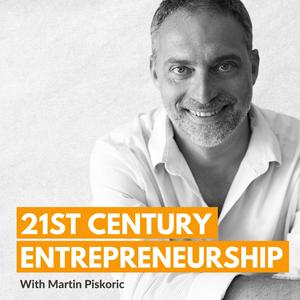
Get the free radio.net app
- Stations and podcasts to bookmark
- Stream via Wi-Fi or Bluetooth
- Supports Carplay & Android Auto
- Many other app features
Get the free radio.net app
- Stations and podcasts to bookmark
- Stream via Wi-Fi or Bluetooth
- Supports Carplay & Android Auto
- Many other app features


21st Century Entrepreneurship
Scan code,
download the app,
start listening.
download the app,
start listening.

